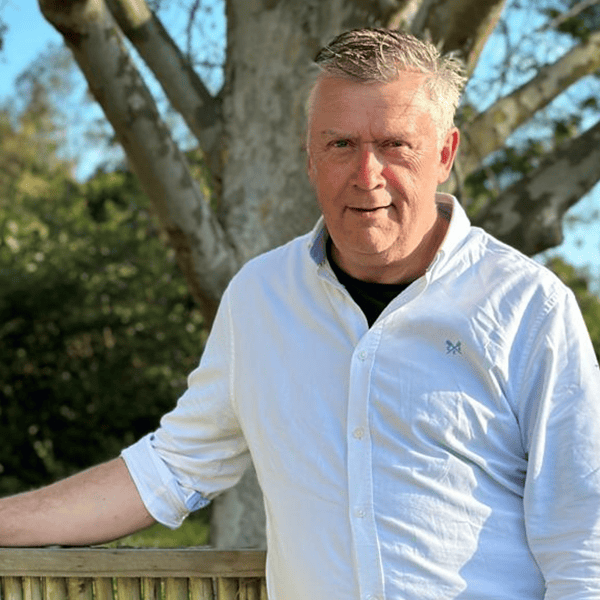Organic, unadulterated whole foods have formed the basis of the human diet through the ages. Only now in the twentieth century has the human race been subjected to countless man-made chemicals that are found in our food and in the environment.
Tell me what you eat, and I will tell you who you are.
Brillat Savarinake
One foundation of health is to eat foods that provide exactly the amount of energy required to keep the body in perfect balance. A good deal of energy is wasted trying to disarm these alien and often toxic chemicals, some of which cannot be eliminated and accumulate in body tissue. It is now impossible to avoid all such substances, as there is nowhere on this planet that is not contaminated in some way from the by-products of our modern chemical age.
Choosing organic foods whenever possible is the nearest we can get to eating a pure diet today. By supporting the movement back to pure, organic food we help to minimize the damage of chemical pollution, which poses a real threat to the future of humanity.
Raw, organic food is the most natural and beneficial way to take food into the body. Many foods contain enzymes that help our bodies digest them once the food is chewed. Raw food is full of vital phytochemicals whose effect on our health may prove as important as vitamins and minerals.
Enzymes act as catalysts for every metabolic reaction in your body. Without them, there can be no cell division, energy production, or brain activity. In addition, no vitamins or hormones can do their work, nor can your immune system.
Every food contains the perfect mix of enzymes to digest it completely. These are called food enzymes. Nature in her never-ending perfection sees that all food, whether flesh, fruit, or vegetable decomposes and returns to the earth from which it came. Cooking foods above 47°C destroys their natural enzymes, forcing our bodies to generate the enzymes necessary to digest them. Two main problems occur because of enzyme destruction. First, your body cannot produce enzymes in perfect combinations to metabolise your foods as completely as the food enzymes created by nature do. This results in partially digested fats, proteins, and starches that can clog your body’s intestinal tract and arteries.
Green Gazpacho
As you can see from the following instructions, this is the easiest of soups to make. There may be many ingredients but they are straightforward and require very little preparation. It is certainly worth the effort. A delicious soup and perfect on a hot summer’s day. Just one of the many living plant foods that will be available at Kwendalo’s Green Cafe.
Ingredients
- 2-3 green tomatoes (alternatively ripe ones can be used)
- 1 medium cucumber – peeled and deseeded
- 1 green pepper – deseeded and chapped roughly
- Handful of parsley – remove stems
- Handful of cilantro – remove stems
- 1/4 cup lemon/lime juice
- 1 cup water
- 1 clove garlic – minced
- 1 tablespoon of Rozendal Vinegar or alternative apple cider vinegar
- 1-2 tablespoon olive oil
- 1 teaspoon ground cumin
- 1 teaspoon salt
- 1 teaspoon honey
- Black peper and cayenne to taste
Steps to make
- Gather the ingredients
- Rinse vegetables and prepare as above
- Place all ingredients in a blender and blitz until smooth
- Add more water if needed for your required consistency
- Taste and adjust seasoning to your personal preference
Note
If your blender is not very powerful and you prefer a smooth soup then strain with a fine sieve. Magic can also happen if you let this soup rest for at least six hours or overnight in a fridge before you serve.
Prep: 10 mins
Cook: 0 mins (the soup is raw so no cooking required!)
Total: 10 mins
Servings: 2
Find out more about Kwendalo’s Green Cafe.
Author: Yolande van Papendorp – Holistic chef


